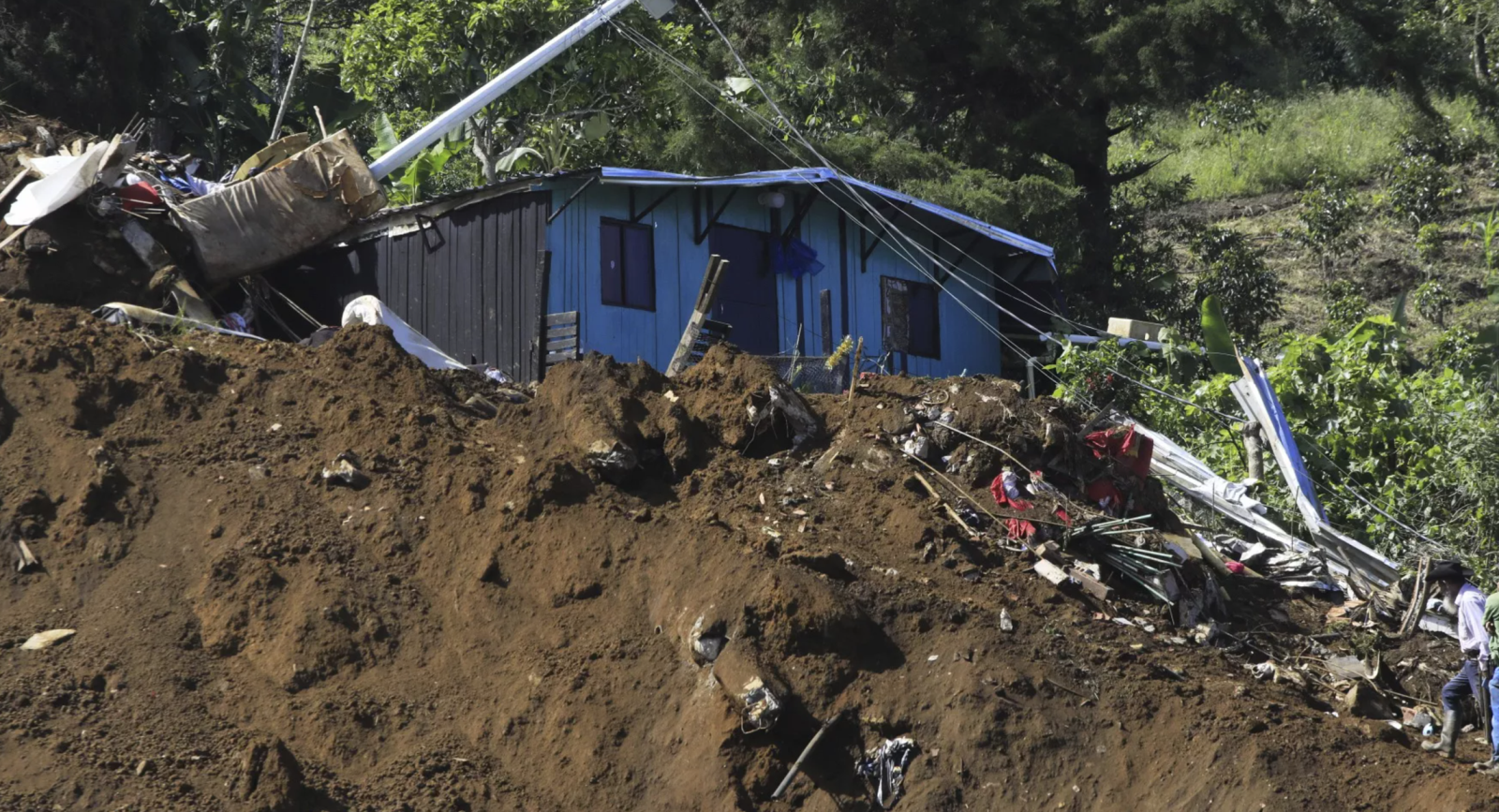
Speaking at the Brussels Economic Forum, Portuguese MEP Lídia Pereira, a leading figure in the centre-right European People's Party (EPP), said that reducing economic output in the name of sustainability would do more harm than good — and could alienate citizens already struggling with the cost of living.
"We must find climate solutions that are socially and economically viable," Pereira said. "Degrowth is not only unrealistic — it risks undermining the very foundation of our European model, which is built on innovation, inclusion, and economic opportunity."
Her comments came in response to a presentation by French ecological economist Timothée Parrique, who argued that the current model of continuous GDP growth is incompatible with planetary boundaries. Parrique, a researcher at HEC Lausanne and a leading voice in the degrowth movement, urged EU policymakers to rethink prosperity beyond traditional economic indicators.
"There is no point in accelerating if we're heading towards environmental collapse," Parrique said. "GDP growth is not a measure of well-being. Wealth is not trickling down, and pollution is not trickling out."
The degrowth school of thought, which emerged in the 1970s, challenges the assumption that economic expansion is always desirable. Its proponents argue that high-income nations must curb production and consumption to ensure ecological sustainability and social equity. This could involve reducing working hours, shifting away from resource-intensive industries, and investing in care work and public services instead of material consumption.
While the movement has gained traction among some academics and environmental groups, it remains highly controversial among policymakers. Critics argue that scaling down economic activity could lead to job losses, weaken public finances, and fuel political instability — especially at a time when many European households are already facing inflation, energy insecurity, and housing shortages.
Pereira warned that radical ideas like degrowth could backfire by fuelling public resentment and undermining the EU's green transition. "If we make people choose between a greener future and putting food on the table, we will lose public support," she said.
Despite their contrasting views, both Pereira and Parrique acknowledged that inaction on climate is no longer an option. With the world already experiencing the devastating impacts of global heating — from deadly heatwaves to floods and wildfires — the pressure on governments to deliver meaningful change is mounting.
"We may disagree on the tools," Pereira concluded, "but we all agree that the time to act is now."